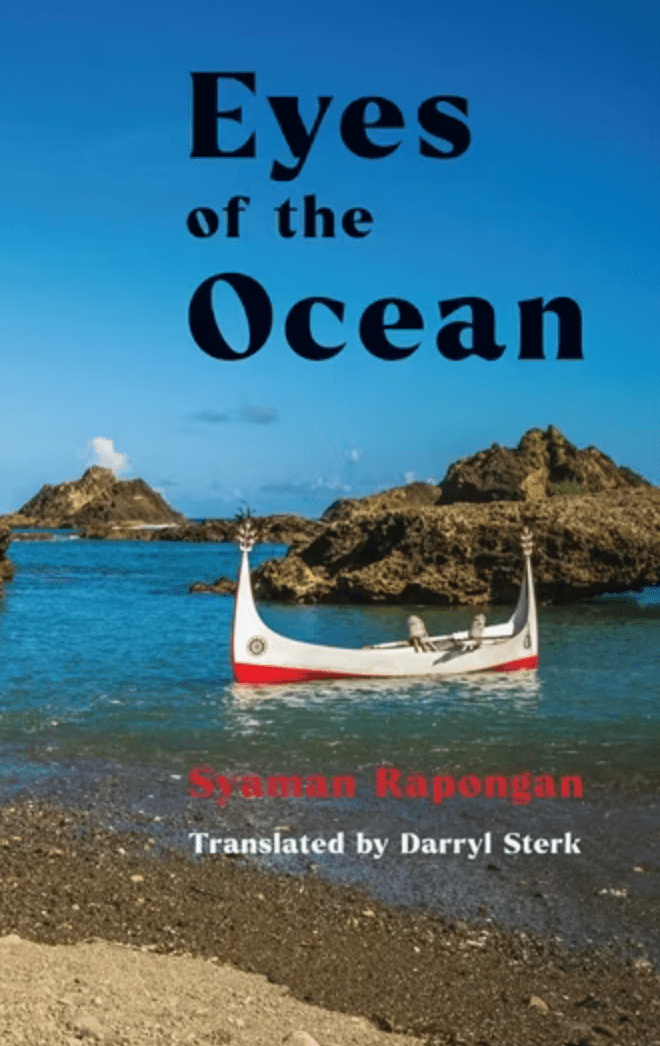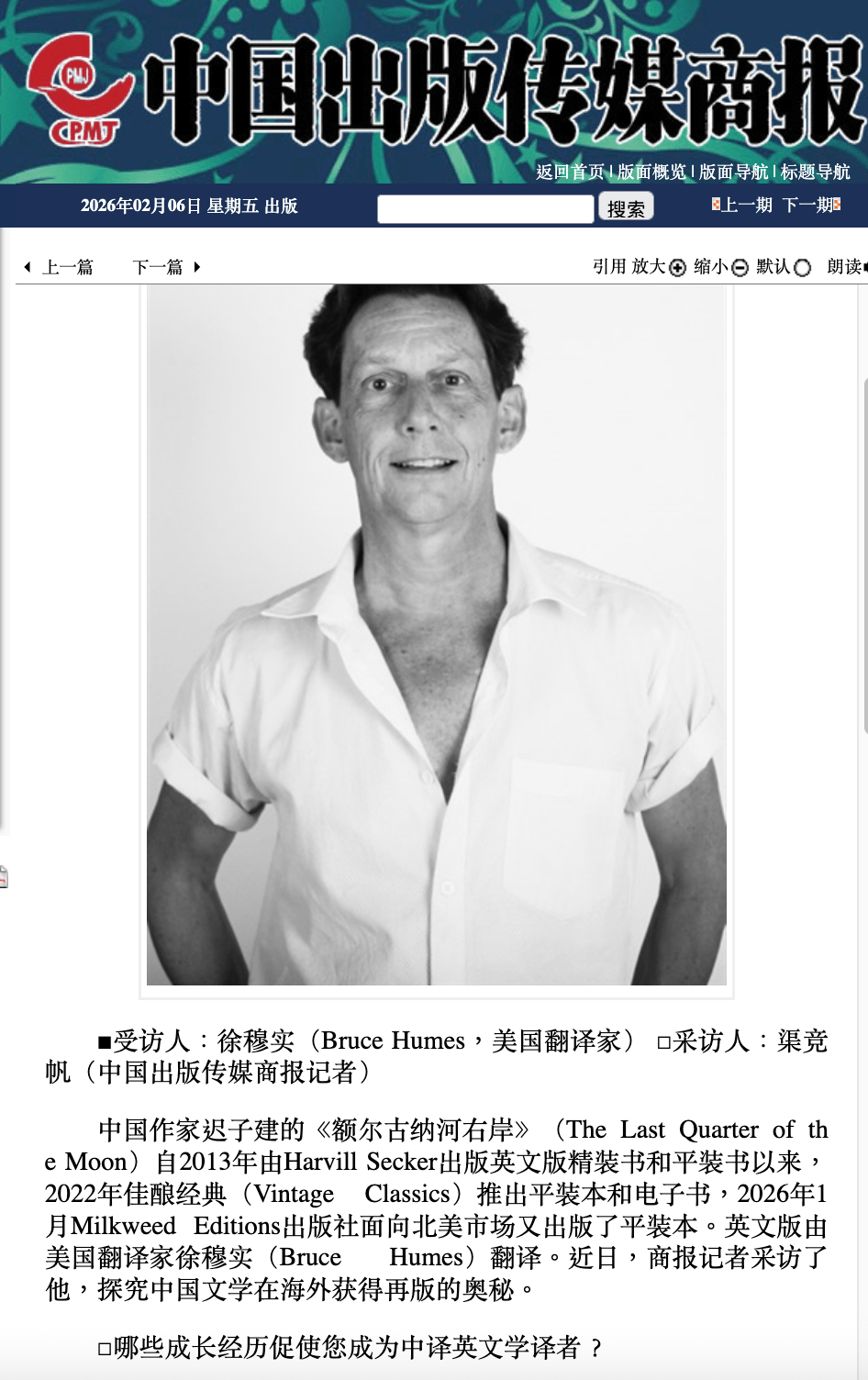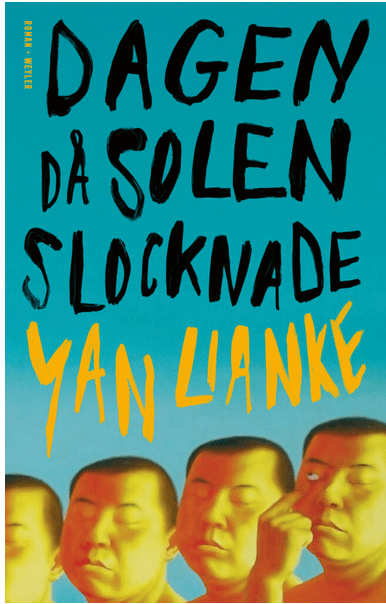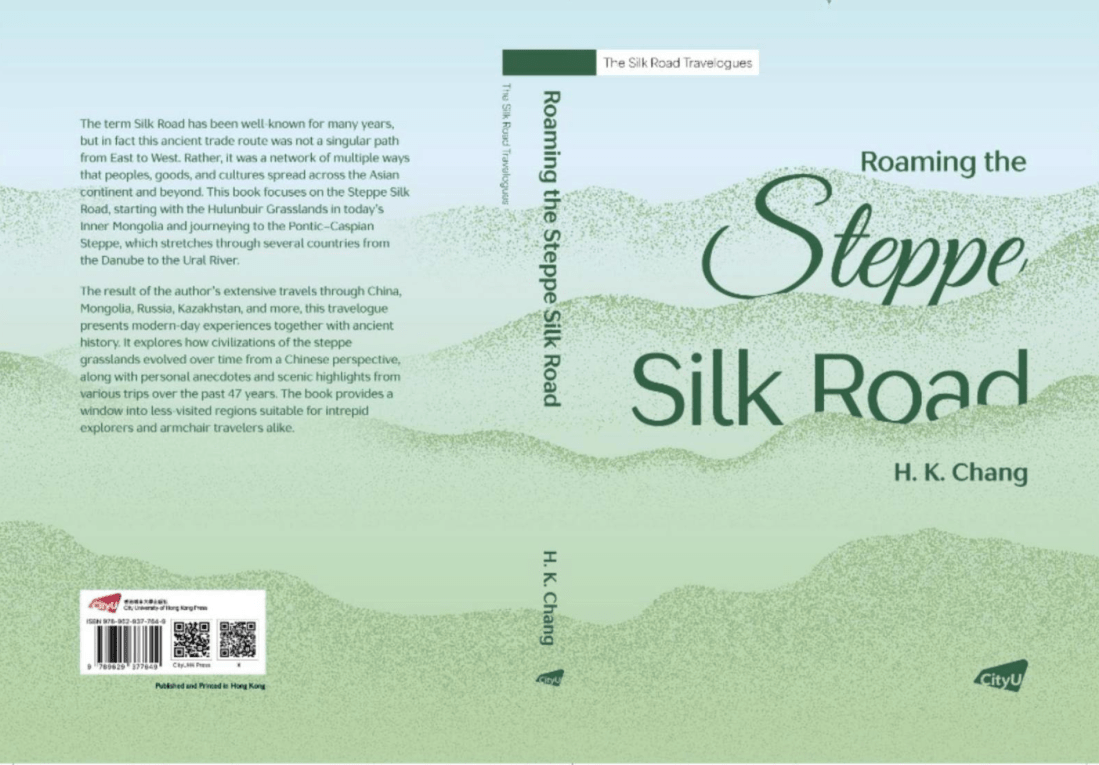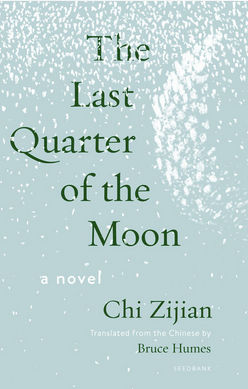In August 1994, not long after I’d returned to Lanyu to learn to dive and to take care of my parents, who adhered to the old modes of thought, and my children, who thought in Chinese, I went on a junket to faraway Hsinchiang Province with the Indigenous scholar Sun Ta-chuan, the Indigenous writer Topas … Continue reading What We’re Reading Now: “Eyes of the Ocean”
Backgrounder: China’s “Steppe Literature”
I recently completed two co-translation projects touching on what was known in ancient China as the remote “Western Regions” – Xinjiang and Central Asia, basically. < 漫游草原丝路>, a travelogue by H.K Chang, has now appeared in English as Roaming the Steppe Silk Road, and Jun Liu’s and my rendition of Liu Liangcheng’s < 凿空>, a novel set in … Continue reading Backgrounder: China’s “Steppe Literature”
Q & A: “Last Quarter of the Moon”
Noting that my rendition of one of China’s best-selling novels about the twilight of the reindeer-herding Evenki, 额尔古纳河右岸 (The Last Quarter of the Moon), was to be launched in January 2026 – targeting the North American market – China Publishing & Media Journal (中国出版传媒商报) offered to interview me. I gladly accepted and answered in English, … Continue reading Q & A: “Last Quarter of the Moon”
Yan Lianke’s “The Day the Sun Died”
While the crisis-stricken literary industry in the West seeks salvation in watered-down autofiction, mass-produced genre fiction, and celebrity gossip repackaged as cultural debate, writers in dictatorships struggle to find ways to portray their political reality in quality novels without displeasing the regime. (Excerpted from a Swedish-language book review Läs Yan Liankes roman – och frukta den … Continue reading Yan Lianke’s “The Day the Sun Died”
New Travelogue: <The Steppe Silk Road>
February 2026: Now available for purchase here Roaming the Steppe Silk Road By H. K. Chang (漫游草原丝路, 张信刚 著) Translated by Bruce Humes in collaboration with the author In the 1960s as a doctoral student in the United States, H. K. Chang happened upon a copy of Owen Lattimore’s 1940 edition of Inner Asian Frontiers of China at a used … Continue reading New Travelogue: <The Steppe Silk Road>
Launch: N American edition of “Last Quarter of the Moon”
More than a decade after my translation of the classic tale of the nomadic, reindeer-herding Evenki of northeast China, Last Quarter of the Moon (额尔古纳河右岸, 迟子建 著), was first published, Milkweed Editions --- an independent, non-profit literary publisher --- is launching a special edition targeting N America as of January 13, 2026. Previously published by … Continue reading Launch: N American edition of “Last Quarter of the Moon”
NYC Jan 10 Event: Kyrgyz Music – from Yesterday to Today
A concert exploring Kyrgyz musical traditions from past to present, curated by Mu Qian, who holds a PhD in ethnomusicology: The concert will include solo, duo, and trio performances drawn from traditional kuu, vocal works, revived repertoire, and new creations shaped by diasporic experience. Through shifting textures and instrumental combinations, the concert highlights both continuity … Continue reading NYC Jan 10 Event: Kyrgyz Music – from Yesterday to Today
“The Red Wind Howls”: Tibetan Novel makes China Books Review “Best of 2025”
Writes Alexander Boyd, Associate Editor, China Books Review: The Red Wind Howls is a banned historical novel about the cataclysms in the Tibetan region of Amdo under Mao Zedong. Structured as a diptych, we first follow three decades in the life of the delightfully despicable Alak Drong, a reincarnated lama corrupt in all ways imaginable, … Continue reading “The Red Wind Howls”: Tibetan Novel makes China Books Review “Best of 2025”
Documenting Uyghur Detention Camps in Fiction and Non-fiction
In "He Recorded China's Detention of Uyghurs. The U.S. Wants to Deport Him to Uganda," the New York Times (Dec 16, 2025) reports: In 2020, a Chinese citizen had heard reports about China’s mass detention and surveillance of Uyghurs. But he wanted to see if they were true for himself. So the citizen, Heng Guan, … Continue reading Documenting Uyghur Detention Camps in Fiction and Non-fiction
Foreign Language Editions of Chi Zijian’s “Last Quarter of the Moon”
《额尔古纳河右岸》的外文版 Current Translations of the Novel Arabic (الربع الأخير من القمر); Dutch (Het laatste kwartier van de maan, translated direct from my English version); English (Last Quarter of the Moon); Finnish (Poulikku); French (Le dernier quartier de lune); German (Das letzte Viertel des Mondes); Italian (Ultimo quarto di Luna); Japanese (アルグン川の右岸) ; Korean (《어얼구나 강의 … Continue reading Foreign Language Editions of Chi Zijian’s “Last Quarter of the Moon”
